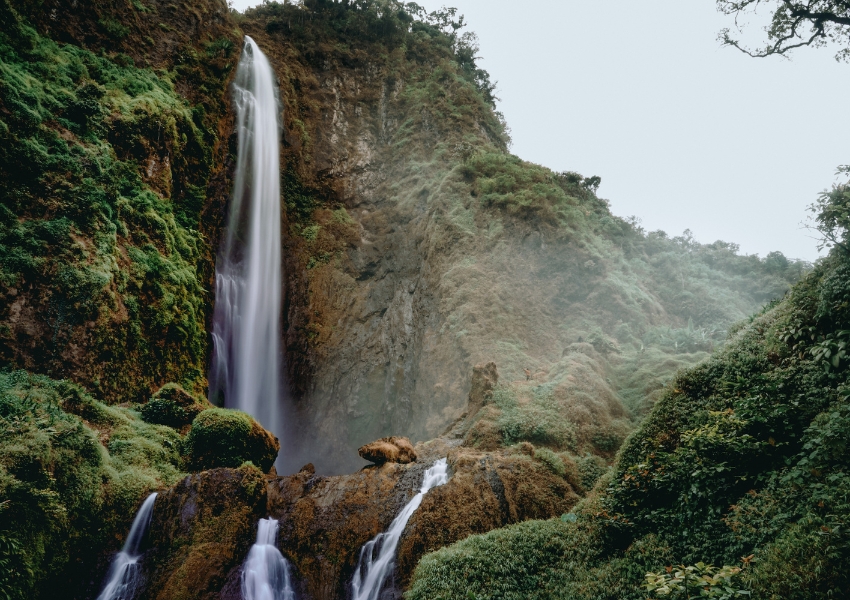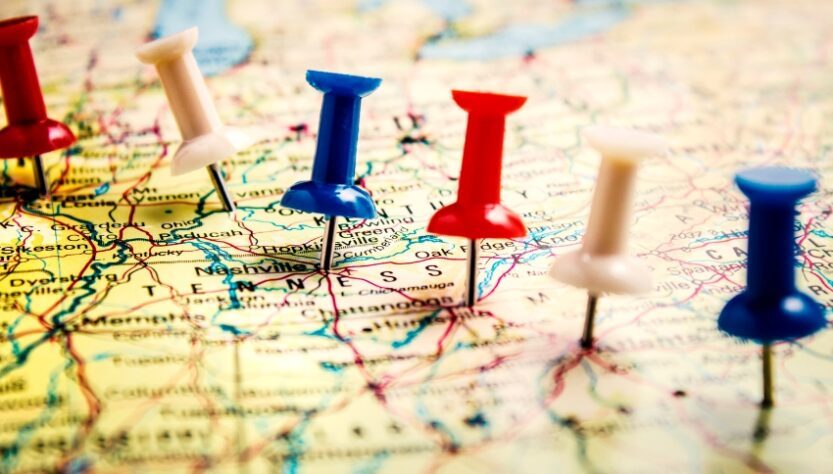Exploring new destinations and embracing different cultures and traditions is one of the most rewarding aspects of living. Nonetheless, many would-be travelers tend to be preoccupied with the issue of safety. Crime scenes, civil disturbances, and outbreaks of disease will often scare away even the most daring of individuals. Nevertheless, it is worth noting that certain places, despite the very real factors of danger present there, have been blown out of proportion by the news networks. In this blog, we look at the actual threats to travelers, the reasons why travel threats are thankful are exaggerated, and how to travel the smart way.
Awareness of Safety Issues
A common relation between travel safety and criminal activity, political culture and health problems occurs in most of us. It is accurate, some places are safer than others but one has to take into account many other aspects of the problem. For instance, towns with some history or occasional acts of agression may not be as scary as they appear, especially considering the broader picture.
Take Mexico for example, the country is unfairly vilified by the foreign press for the drug lords violence that is mostly common in certain states. Nevertheless, several regions remain safe for foreigners, as millions of them come to these areas without reported incidents. Quite the same, although regions like Rio de Janeiro have their own problems, the areas where tourists are likely to visit enjoy a very strong police presence and other structures that assist them in helping to keep tourists safe.
The Influence of Media on Views
In consideration of these factors, they would qualitatively discuss how the media influences their views of safety, how they perceive the location, for instance, how or even if they would connect – threaten or hate – violence and terrorism with…
V and J may have had certain ideas about the country but over a few years of working and visiting various cities, many states in the US, the ideals got shattered. This is without considering the ethnically related rumors and stories that are common due to globalization.
Traveling as well might present a region, territory, or state as overly-dangerous and that despite for instance a machete – a mobile device conquers all threats hence logic of the operator will prevail whereby no other methods of escape are possible but to board the aircraft.
Understandably, they mostly quote stories retold to them back home. Such perception, however, cannot be entirely safeguarded. One such single splintering episode, addressed to the entire online sphere, can become the narrative that eclipses all others.
On the inside, however, it is the statistics that always sit better than all. In the case of the United Nations Office on Drugs and Crime (UNODC), foreign visitors in many of the common travel hotspots experience lower crime levels than residents of major cities in more economically developed countries. If only travelers could really comprehend the statistics, which may sometimes seem irrational, and their underlying value, most – if not all – of the fears would be greatly lessened.

Factors Leading to Overly Anxious Attitudes Towards Safety
There are several factors that influence the penchant of people to be overly protective.
- Cultural Variations: While an activity may seem dangerous to a particular culture, it may not be the same case for another culture. For instance, street food peddlers in other countries may seem disorderly to tourists, but are quite normal and safe in that scenario.
- Selective Search: Tourists may look for information that supports their apprehensions even if the information is not readily available. In case, one has an impression that the place is unsafe, he or she will tend to emphasize on all the horrors associated with that destination.
- Discomfort with Uncertainty: The notion of international travel is invariably fraught with known and unknowns. This feeling is prone to heightening protectionist views towards certain regions thus making them seem more dangerous than they actually are.
- Social Media Effect: Nowadays, it is easy for one to express their discontent on social media and because of such incidences, people’s negative doubts are sometimes inflamed. Due to the power of social media, one event shown in a clip, however minor, cuts across and sends waves of apprehension among the masses.
Wise Travel Tips
- Diligent Information Gathering: Make sure to do a lot of research on the area you plan on visiting before actually traveling. Seek the most current and accurate information from appropriate channels such as government travel warnings, the national and local media, and others who have already traveled to the region.
- Settle Down and Talk to Some People: When you can put some distance between guides and no-go zones, your source of information becomes, like a tourist knows, instead of a general tent, a specific inviting hotel. They advise about places not to go to and tell their stories.
- Be Updated: As soon as you reach your destination, keep track of the news and any other information about the area. If some kind of turmoil surfaces or is reported, don’t get scared. Think soberly and make a decision if such situation has something to do with your trip.
- Follow Your Intuition: Instincts should never be ignored. That is why if something feels wrong, it is better to stay safe than sorry. Do not go out in new places during the night all by yourself and pay attention to your environment.
- Prepare yourself: Expect the worst in people and the hardest in situations; devise alternatives. Find out where the nearest embassy is situated and keep local emergency contacts on speed dial. Look into getting international travel coverage if possible.
Conclusion
Staying safe while traveling is a legitimate concern, However, it should be understood that most worries about a place are much more than paranoid reactions. A climactic understanding of the media’s, so-called ‘safety culture’ and of oral history, as well their respective cultures’ differences affords fairer advantages to travelers. Backed with the appropriate information, clean a few fears of the world is not an impossibility.
Now raise your suitcase, take the adventure, and believe the fact that not every country or place is as bad as it looks!!
